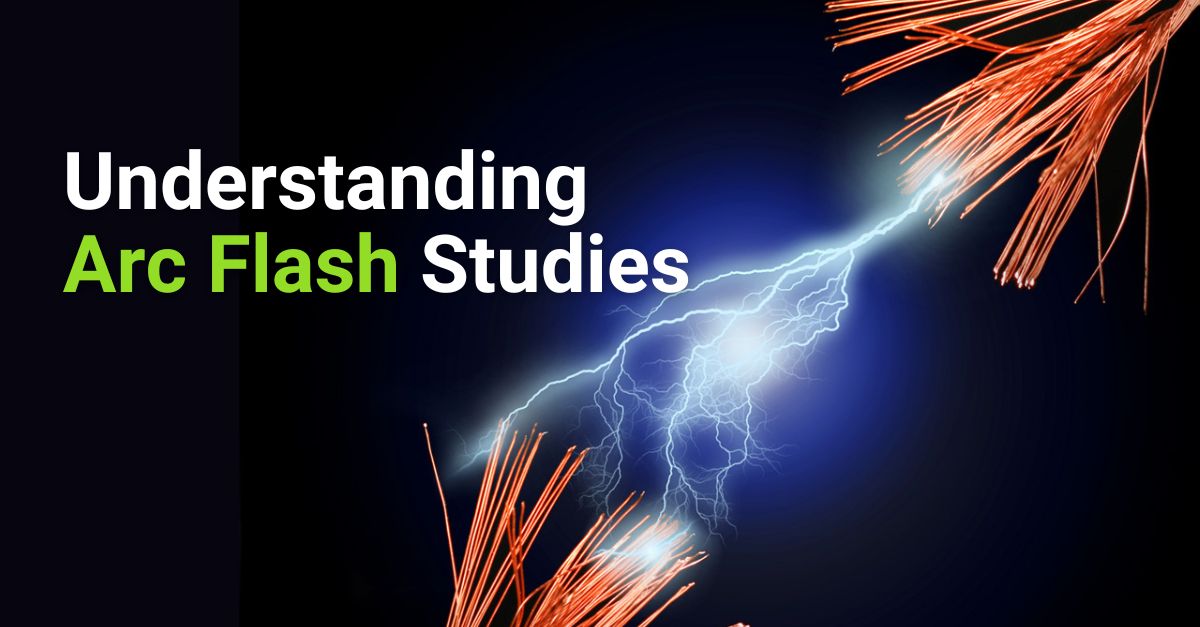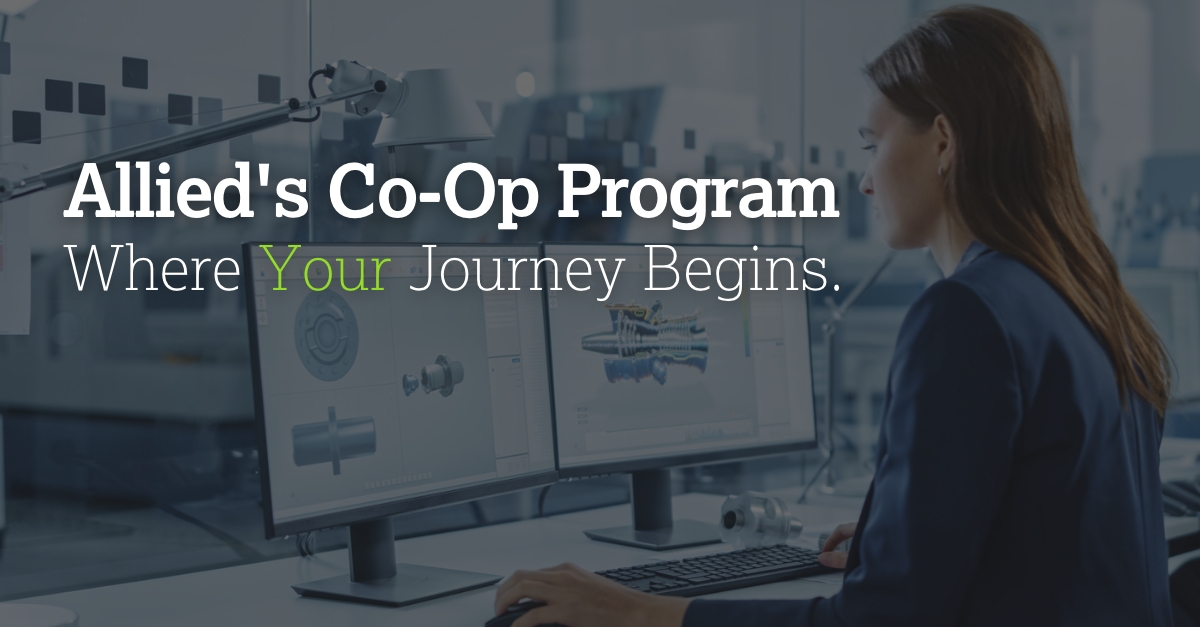When it comes to electrical engineering, safety is our top priority. An integral element in safeguarding personnel and equipment is the utilization of arc flash studies. These intricate analyses are critical for facilities where electrical systems pose a significant risk for hazardous events. If you're an electrical engineer, facility manager, or safety professional, understanding when and why to employ an arc flash study is a vital aspect of your role in maintaining a safe working environment.
Importance of Arc Flash Studies
An arc flash study isn't just about compliance; it's about creating a culture of safety, preventing devastating accidents, and ensuring uninterrupted operations. At Allied Engineering and Design, we don't just assess risks; we craft solutions tailored to your unique facility needs.
What is an Arc Flash?
Before we delve into the specifics, let's clarify what an arc flash is. It's a type of electrical explosion that can occur when a significant fault passes through the air between conductors or from a conductor to the ground. The result can be incredibly dangerous – producing intense heat, fire, blinding light, and explosive pressure waves. Suffice it to say, it's something best avoided, and here's how an arc flash study helps.
The Role of Arc Flash Studies
Our experienced Electrical and Instrumentation (E&I) Group undertakes a systematic approach to assessing the potential risks associated with arc flash incidents. With their deep-rooted expertise in both current industry standards and the nuances of varied electrical installations, they're adept at pinpointing areas of concern.
A Comprehensive Approach to Safety
A comprehensive arc flash study encompasses several critical steps:
- Data collection: It starts with gathering detailed information about your electrical distribution system, from transformer ratings to the lengths of cables.
- System modeling: We use state-of-the-art software to simulate your system, identifying potential fault locations, and calculating the severity of possible arc flashes.
- Protective device evaluation: We scrutinize existing protective devices to ensure they are set correctly and propose adjustments as necessary for optimal protection.
- Label installation: Once the study is complete, we provide clear, OSHA-compliant labeling for electrical components, clarifying the level of risk and necessary protective gear.
- Safety training: Knowledge is power, and empowering your personnel with the know-how to recognize and avoid potential hazards is key. We offer specialized training sessions that are as engaging as they are informative.
The goal of our arc flash studies goes beyond merely fulfilling regulatory requirements; we prioritize proactive risk management and the installation of preventative measures to mitigate the likelihood and potential impact of an arc flash event.
When to Conduct an Arc Flash Study
While awareness of arc flash hazards has increased over the years, many still wonder when they should conduct these vital studies. Here are a few situations that call for an immediate analysis:
- New construction or renovation: Whenever a facility is erected or substantially modified, it's crucial to understand the new electrical landscape through an arc flash study.
- Equipment changes: Upgrading or adding new electrical equipment can change the dynamics of your power system, necessitating a fresh look at potential arc flash risks.
- After a significant incident: If an arc flash or another type of electrical accident occurs, reassessing your system's safety becomes a top priority.
- Periodic review: Even if the layout hasn't changed, a periodic review is wise, as wear and tear or subtle changes can influence the system's safety over time.
Conclusion: Allied Engineering and Design's Commitment to Holistic Safety Standards
The team at Allied Engineering and Design is committed to elevating the standard of electrical safety through comprehensive arc flash studies. Our E&I Group is ready to partner with you, leveraging their expertise to furnish advanced solutions that protect both your personnel and your operations. An arc flash study isn't just a component of a safety checklist—it's a cornerstone of a diligent safety strategy.
Are you ready to prioritize safety and enhance your facility's electrical risk management? Contact Allied Engineering and Design to schedule an arc flash study that promises peace of mind and a commitment to excellence. Protect your team, protect your facility, and ensure a future where safety comes first.

